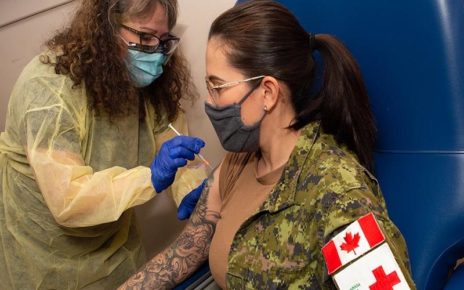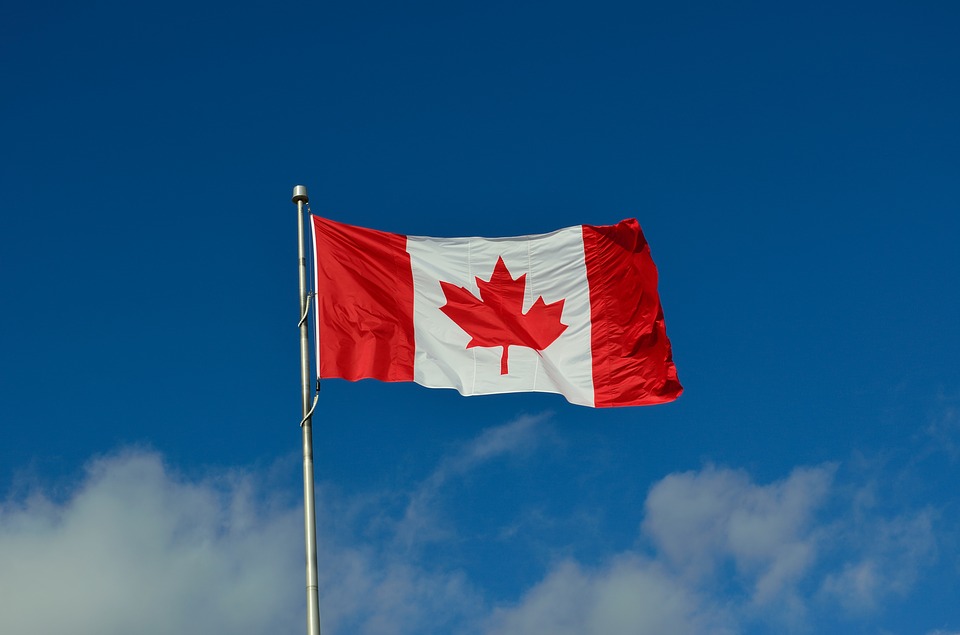On October 6, journalist Yury Dud uploaded a two-hour interview with Russian opposition leader and anti-corruption activist Alexey Navalny and his wife Yulia Navalnaya on his YouTube channel. After weeks spent in critical condition as a result of poisoning by the nerve agent Novichok, Navalny closely describes his experience of the events while Yulia recounts the herculean efforts it took to obtain permission to transfer her husband to a hospital in Germany, where he could receive life-saving treatment. Navalny asserts that the poisoning was ordered from the highest office of the Kremlin, speculates on why Putin would dare to do such a thing, and describes what this means for resistance movements in Russia. The interview hit nearly ten million views within the first 24 hours after being uploaded, and since then reached well over twenty million views.
For Yury Dud, YouTube has become the primary platform to tell anti-Kremlin stories. A journalist by trade, he started his career as a sports broadcaster and in 2017 launched his YouTube channel vDud, where he posted long-from interviews with well-known figures. He has also released documentaries, one of which is a three-hour-long film titled Beslan. Remember, in which he travelled to the site of the 2004 school hostage crisis and interviewed survivors, openly denouncing the Kremlin for its failure to prevent the attack and subsequently failing to provide adequate support for its victims. With over eight million subscribers, Dud is one of the leading young journalists currently moving Russia’s media landscape from “state controlled television to a freer digital space.” His work is part of the broader trend of Russia’s independent journalism: a new brand of resistance media in the face of widespread Kremlin censorship.
Why and how are reporters adapting?
In the two decades since Putin came to power, the Kremlin has successfully muzzled much of independent media broadcasting and shut down media projects which are unaffiliated with the state. Independent media such as Russkaya Planeta, TV2, and Russian Media Group amongst many others have been censored for not conforming to Kremlin-approved messaging. Prominent anti-Putin journalists such as Igor Domnikov, Yury Shchekochikhin, and Anna Polikvoskaya were killed under mysterious circumstances, and their murders remain unsolved. But as the Kremlin ramped up the pressure on investigative reporters, both reporters and their audiences learned to adapt. Freelancers and professional reports have created a “whole new ecosystem:” a clever combination of small media projects and YouTube channels which deliver serious journalistic investigations into official corruption, or simply tell stories that the Kremlin wouldn’t approve of.
Another example of this is the prominence of professional investigations into state corruption published on YouTube by Navalny and his Anti-Corruption foundation. With over three million subscribers on his channel and millions of views on each video, his exposes have a far reach across the country, shattering the outdated belief that Russians have no alternative to state-sponsored propaganda.
Russians are consuming one of two polarized types of media available to them: one is a state-sponsored, Kremlin-vetted alphabet soup of pro-Russia propaganda; the other is liberal, Kremlin-sceptical investigative reporters. Seldom does someone consume both. Increased polarization and distrust of government poses several societal problems, not the least of which is the government’s ability to rally public response in a time of disaster: for instance, one in four Russians believe that coronavirus is made up despite the government’s advice to take the pandemic seriously, because they simply don’t trust the government’s messaging.
The rise of these platforms and their popularity also reflect a broader trend: growing distrust of state television, especially amongst younger Russians. While Putin appears as a well-loved figure in Russia to Western spectators, public opinion trends show otherwise. In 2019, Putin’s approval rating dropped to 64%– the lowest point since 2013. The trend continued in 2020, hitting a historic low of 59% amidst the health and economic crises brought on by the pandemic. In 2017, Newsweek reported that “an opinion poll by the Moscow-based Levada Center indicated that 67 percent held Putin personally responsible for high-level corruption.” And despite the fact that Putin still enjoys widespread support amongst older populations in rural areas, younger Russians in major cities have grown weary the Kremlin’s actions and propaganda on state-sponsored television. All of this shows that Putin stands on weaker ground than it may appear at first glance.
The new progressive movement
The appetite for discussion of progressive social issues in an otherwise conservative country is growing. On the heels of his success with the Beslan documentary, Yuri Dud released another two-hour documentary called HIV in Russia, The Epidemic No One’s Talking About, highlighting the rise of HIV infections in the country, once again pointing a finger at the government for ignoring the problem. Dud again received wide-spread praise for his work, amassing almost twenty million views and positive reactions from the viewers: “when one person did more than the entire healthcare system of Russia,” reads one of the top comments on the documentary. The Moscow Times reported that in the days following the release of the documentary, Google searches for HIV testing increased by 5000%. A twitter user said in a post that she has never seen such interest in HIV testing in her pharmacy before: “over the past two days, I’ve been asked at work seven times about the express HIV test. Until then, over the eight years of working at the pharmacy, I had been asked about that test maybe once, but I’m not sure. That’s what the miracle worker Dud has done.”
The shift in public consciousness on previously taboo issues such as HIV is a remarkable success story; a testament to perseverance of investigative reporters and socially conscious viewers who are more critical of the Kremlin than outside observers may believe. In an interview to RadioFreeEurope, Roman Dobrokhotov, editor in chief of The Insider – an independent media source – stated, “In a peculiar way, the greater your perceived social significance, the more money you can raise… so there is incentive to prove your social significance. It is a very positive stimulus. We at The Insider are very pleased with this tendency.”
Why Putin should worry
Despite its best efforts, the Kremlin has not succeeded in its bid to dismantle independent, state-critical reporting through censorship and shut-downs. Rather, it drove the behaviour underground, challenging young reporters to find creative ways to tell their stories. With the help of YouTube and independent media companies such as The Insider, Meduza, and other small enterprises, creators hop from platform to platform in a stubborn commitment to creating both entertaining and socially conscious content. Seemingly playing a game of whack-a-mole with the Kremlin – when one platform is censored, another pops up – these reporters are mobilizing younger Russians to be more critical, socially conscious, and drawn to activism. And when the Kremlin reverts to its tactics of poisoning dissidents, such as it did with Navalny, the internet still explodes with scores of supporting messages and condemnation of Putin. Dud’s success with a long-form Navalny interview is testament to the fact that the Kremlin has a weaker grip on Russia’s information ecosystem than it appears on the surface.
Beyond the scaffolding of narrow-minded, pro-Kremlin narratives pedalled by traditional news outlets is a resilient network of reporters delivering crucial information to the Russian public. How they adapt to ramped-up pressure from the government will determine the future of Russia’s political consciousness.
Cover Image: Recycling Newspapers (2014), by Mark Buckawicki via Wikipedia. Licensed under CC0 1.0 Universal.
Disclaimer: Any views or opinions expressed in articles are solely those of the authors and do not necessarily represent the views of the NATO Association of Canada.




